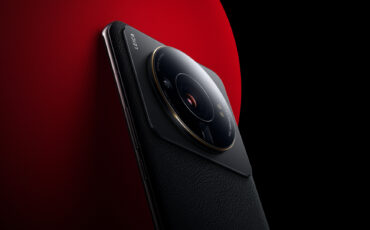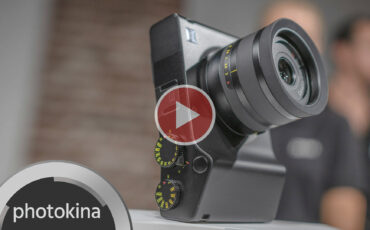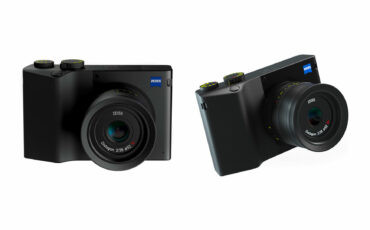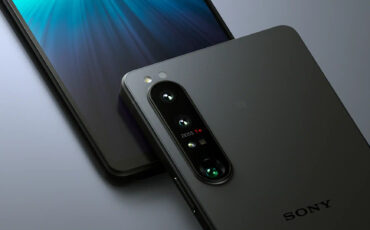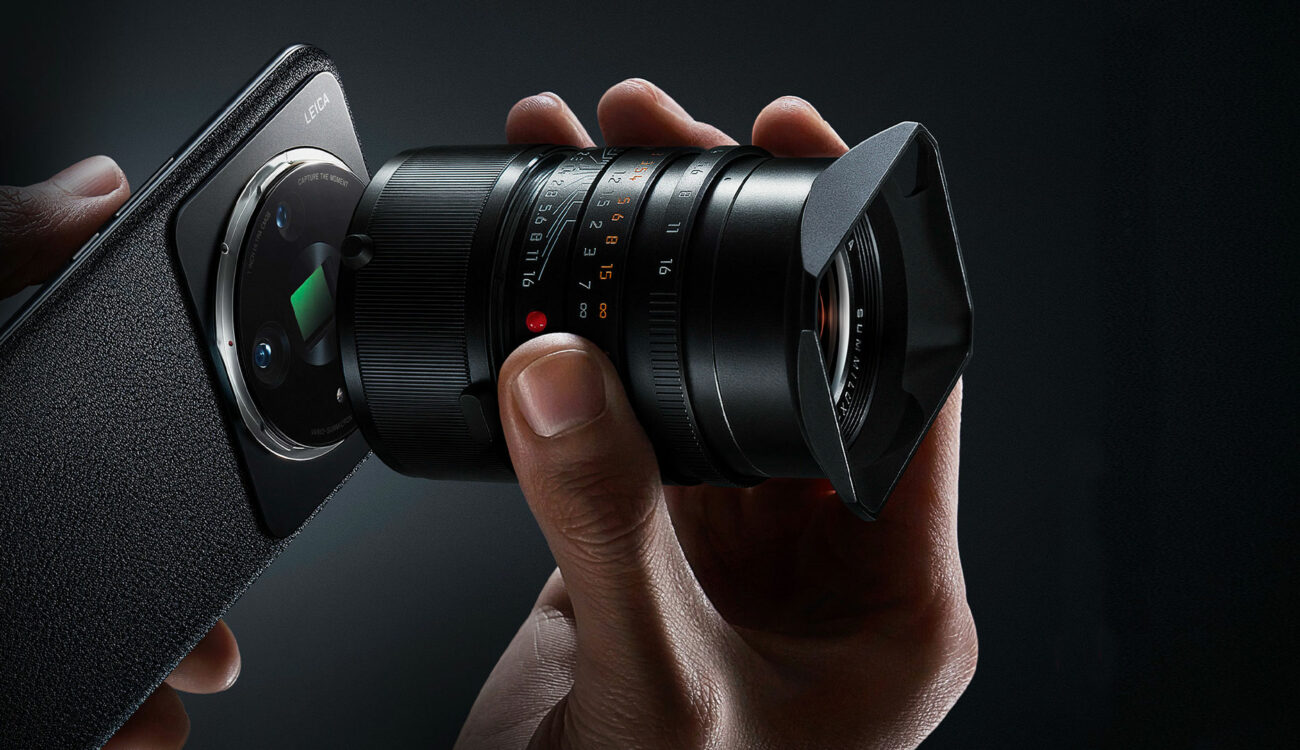
Xiaomi 12S Ultra concept shows us a smartphone with an exposed 1-inch type sensor that can accept regular camera lenses. Hidden only beneath a sapphire glass, the sensor features a thin lens mount that can accept a lens adapter to provide a Leica M lens mount. Can this be the future of the camera industry?
Nothing disrupted the camera industry in recent years as much as smartphones. Their increasingly better cameras along with more powerful processors for better computational photo- and videography have already basically erased the whole entry-level point-and-shoot camera segment. Whether we like it or not, other camera segments are up next.

On the other hand, while the quality of photos and videos shot on smartphones has gotten much better, you still can’t quite cheat the physics, as the size of the image sensor still plays a significant role. As soon as you compare any smartphone photo with a photo from a modern large sensor camera (MFT and above) on a large monitor, it becomes clear, that phones still can’t quite match up. It becomes even more apparent with low-light photos.
Though as it turns out, smartphones can have larger image sensors too. A few days ago, an interesting video made circles around the internet. It features a new concept device from the Chinese tech company Xiaomi. It shows a new smartphone they are working on, called 12S Ultra Concept.
Xiaomi 12S Ultra Concept
According to Xiaomi, the upcoming 12S Ultra smartphone will be made in two versions – one will be a standard smartphone with multiple cameras including a 1-inch type main camera. The second one, called Xiaomi 12S Ultra Concept, will feature an “exposed” sensor.
This is an interesting approach to using a large image sensor in a smartphone. Next to the standard 1-inch type camera (sensor with a lens), the 12S Ultra concept will also have a second 1-inch type sensor without a lens. It will be exposed and covered only behind a thin sapphire glass layer which should be scratch resistant, according to Xiaomi. Around the centrally positioned exposed sensor, the 12S Ultra concept will feature a thin lens mount that will enable mounting standard camera lenses.
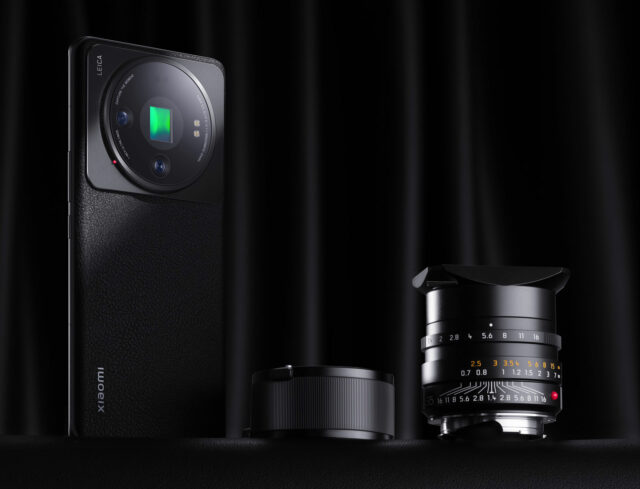
Xiaomi further claims that the phone’s camera app will feature assistant tools such as focus peaking, zebra lines, histogram, and more. The 12S Ultra concept will be able to shoot 10-bit raw photos. And that covers all the specs we have at this point.
Leica M lenses on a smartphone
Because Xiaomi co-engineered the device with Leica, the 12S Ultra will (initially) offer support for Leica M glass. There is not much information available at this point, but it seems to me that there will be no communication between the phone and the attached lens. Thanks to Leica M lenses having full manual controls with iris and focus rings, there is actually no need for lens-phone communication, at least for this first concept.
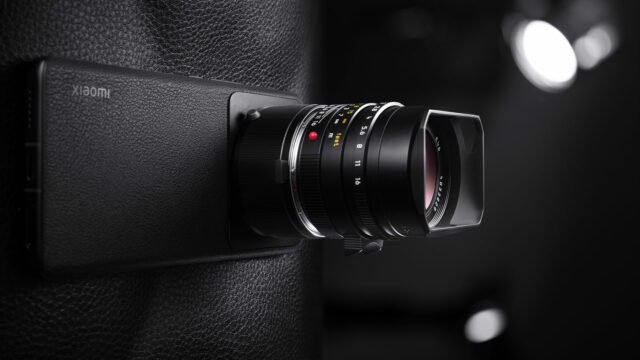
In order to attach a Leica M lens to the smartphone, Xiaomi will supply an adapter to compensate for the 27.8mm flange focal distance. Again, it seems to me that the adapter will only be mechanical. One would say attaching a lens, that can cover a full-frame sensor, to a 1-inch type sensor is a missed opportunity. And yes, most of the lens image circle will go unused and there will be a huge crop, but it is still a cool idea.
How about other lens mounts?
I understand the choice of Leica M as Xiaomi takes pride in its partnership with the legendary German manufacturer. I also don’t have anything against Leica M as there are some gorgeous (although expensive) Leica M lenses. I am, however, looking forward to seeing adapters for other lens mounts become available for the 12S Ultra Concept in the future. Since the connection seems to be purely mechanical, it should not be a problem even for third-party companies to start offering adapters for let’s say Micro Four Thirds, tiny C-mount lenses, or any other vintage lens mount. The possibilities are virtually endless.
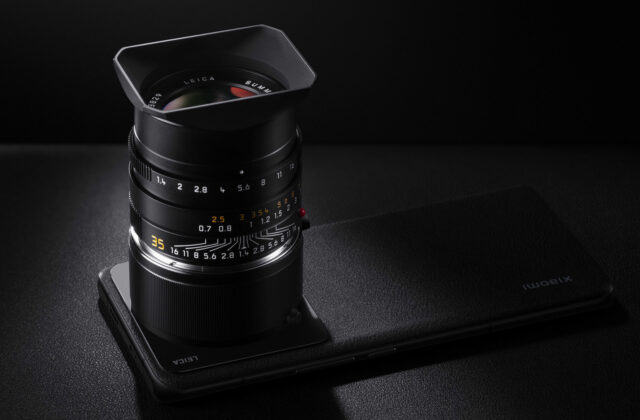
How about even larger sensors?
The limitation of putting an even larger sensor in smartphones has, again, to do with physics. While you certainly can fit a full-frame sensor itself in a smartphone (not speaking of cooling for now), you certainly can NOT fit a reasonable lens inside the thin smartphone body to cover the sensor area. With Xiaomi’s approach, however, this limitation would practically disappear.
If the first 12S Ultra concept proves usable, I would love to see the next generations of this with even larger sensors including full-frame. All the modern mirrorless lens mount systems have a much shorter flange focal distance than Leica M anyway, so the necessary adapter would be even more compact than the existing one for Leica M. Once the lens-phone communication is solved as well, it would enable using modern AF equipped lenses too. Having a nice 50mm f/1.8 pancake lens on a full-frame sensor on a smartphone actually sounds really nice, doesn’t it?
Are existing cameras too “dumb”?
Why would you want a large sensor in a smartphone when there are already enough affordable dedicated full-frame cameras, you ask? Well, with all the innovation going on in the camera world, I think traditional (almost all) camera companies do not innovate enough on the software side.
A camera that came out this year is still only an image-capturing device that can not process the footage further. You take a photo, record a video, and then you need to transfer it to a different device to process and edit, etc. We have gotten so used to this kind of workflow, but I think it would also be interesting to see devices that offer both – high-quality image acquisition as well as powerful post-production tools. That’s why I am quite excited to see innovative stuff such as the Xiaomi 12S Ultra Concept.
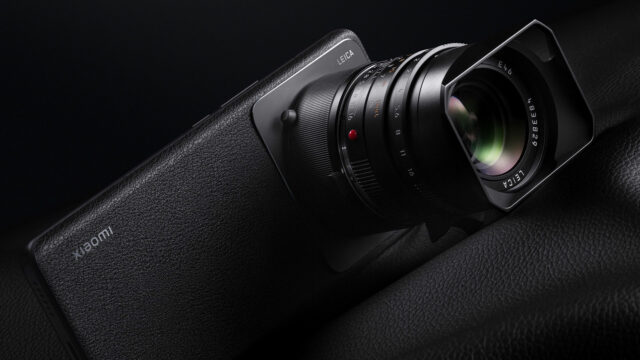
What is out there already?
There are a few examples of innovative products that kind of blur the line between traditional cameras and smartphones. One of them could be the interesting “out-of-the-box thinking” camera from Zeiss, the ZX1. Announced at the Photokina 2018, the ZX1 is a full-frame camera with a fixed 35mm f/2 lens that includes a built-in SSD and runs Android OS. It includes built-in Adobe Lightroom for raw photo processing and is able to upload photos straight to Dropbox, etc.
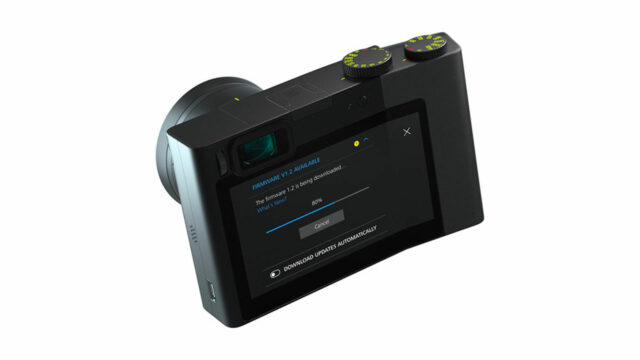
Unfortunately, it took Zeiss quite a long time (over two years) to finalize the camera and make it available, its features and video specs are quite limited by today’s standards, and the price tag of almost $6,000 certainly isn’t appealing to everyone. Still, the ZX1 is an interesting device that shows what is possible with an innovative approach.
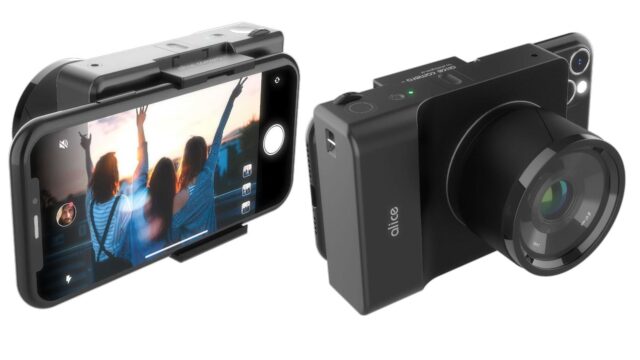
Another, more recent example of merging a smartphone and a larger image sensor can be the Alice camera project – a smartphone camera module with a wireless connection. As far as I know, however, this is not yet a finished product that is available for purchase. Hopefully soon.
Can this be the future?
Personally, I think the 12S Ultra Concept is quite cool. There are, of course, challenges that need to be overcome, and design decisions that need to be handled well. When thinking of where this can take us in 5 or 10 years, I can imagine having a compact modular device in my pocket:
- At the core, a powerful thin smartphone with huge built-in storage and an exposed full-frame sensor. The phone will, of course, be fully functional on its own and have a few other cameras.
- Lens adapters for any mirrorless lens mount out there with lens communication for fast AF and perhaps a built-in variable electronic ND filter.
- A high-capacity power module that acts as a comfortable grip, plugs in with USB-C directly to the smartphone, adds a physical shutter button, and maybe a smaller front-facing screen.
- A few tiny Bluetooth microphone transmitters that record a 32-bit float audio internally and sync it with the phone at the same time.
Am I dreaming too much? :)
What do you think about the Xiaomi 12S Ultra concept? Do you think traditional cameras are too “dumb”? Can you imagine using a smartphone with an exposed sensor and removable lenses? Let us know in the comments section underneath the article.
